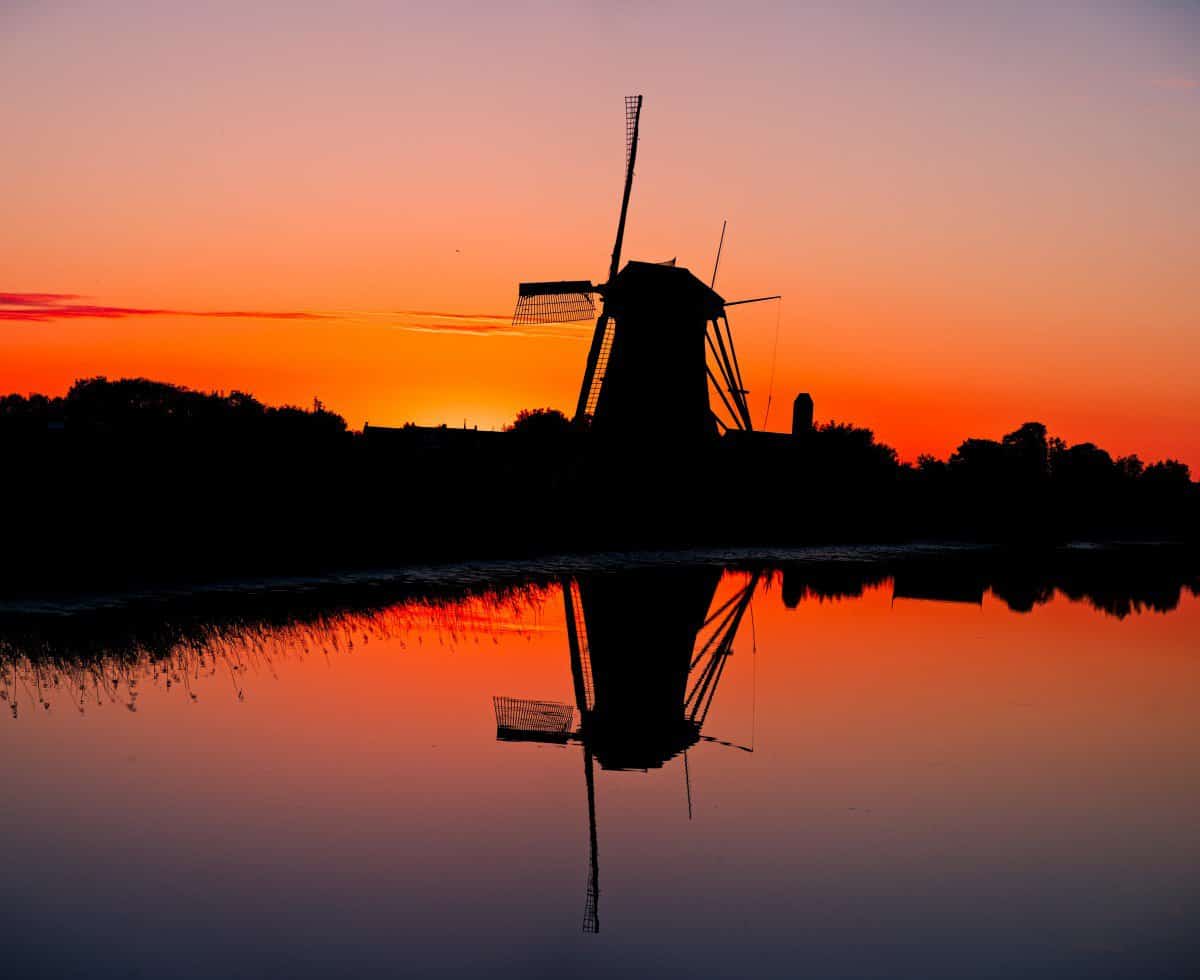Netherlands: comments on gambling laws now being welcomed

Parliamentarians in the Netherlands are now able to share their thoughts on proposed regulations for gambling in the country.
Regulations published as part of the Remote Gaming Decree cover two key areas. The first of these is how operators are expected to behave, should they obtain a licence. And secondly, there are conditions which need to be met in the first place.
Dutch gambling licences: what is and isn’t permitted?
Licences applications will be handled by Kansspelautoriteit (KSA), the country’s regulatory body for gambling. Operator permits will last for five years, with the KSA making a final decision on the awarding of one within six months of application submissions.
Sports betting operators will not be allowed to offer odds on youth or amateur competitions. In addition to this, markets on events that are deemed ‘easy to manipulate’ will also be banned. All sports that can’t be offered or wagered on shall be added to a blacklist.
The following verticals will be included in licences.
- Peer-to-peer casino games, such as poker;
- Casino games where players bet against the house;
- Sports betting;
- Bets on horse racing.
Online lottery will not be included. At the moment, Nederlandse Loterij has a monopoly in this vertical.
Advertising and player safety
Despite regulators saying back in November that gambling ads wouldn’t be restricted, there will be rules in place. Advertising will be permitted, but as part of a watershed – which begins at 9 p.m. each evening. At first, this period was planned to last from 7 p.m. to 6 a.m. – but this was amended by the House of Representatives in 2019.
Lottery will stick to the 7 p.m. to 6 a.m. watershed, though.
Justice Minister Sander Dekker has shared his disapproval of these regulations, warning against tight regulations in a letter to the House. In his opinion, such laws could make it more difficult to channel players towards regulated brands.
The Remote Gaming Decree has also shared the results of a survey by Sira Consulting, a research organisation based in the Netherlands. It suggests that 68 operators should become licensed in total, 41 of which are non-Dutch. Last year, the KSA had said that 183 brands had registered their interest in obtaining a permit.
Online gambling in the Netherlands is set to go live in mid-2021, which is six months later than the original plan.






